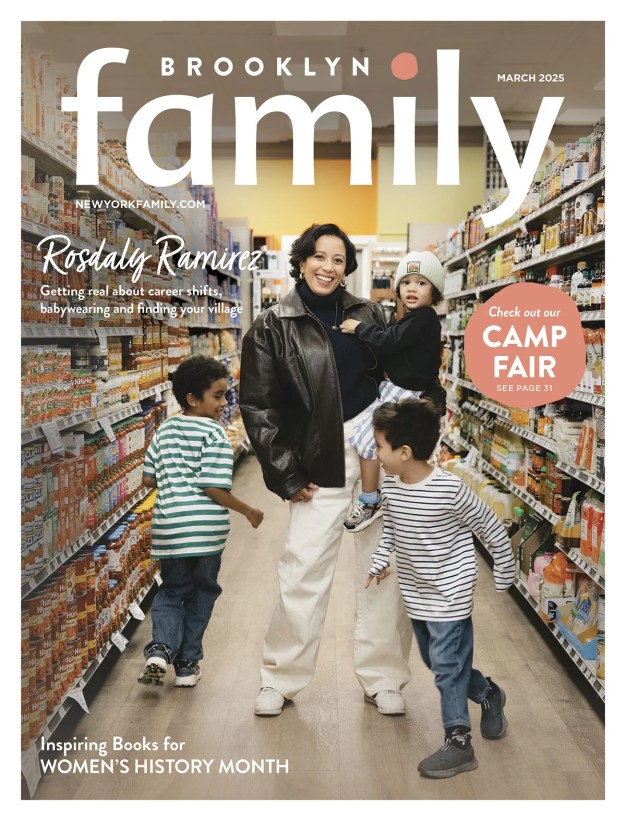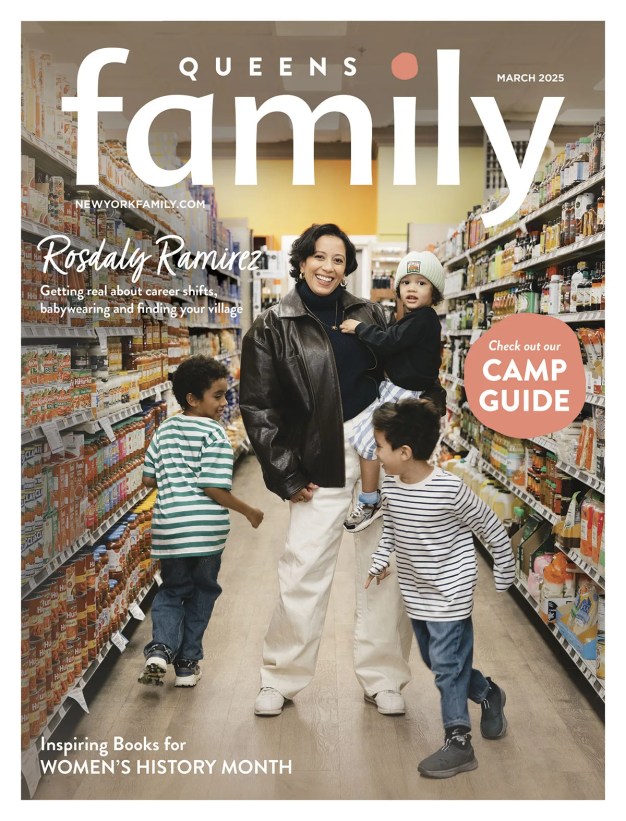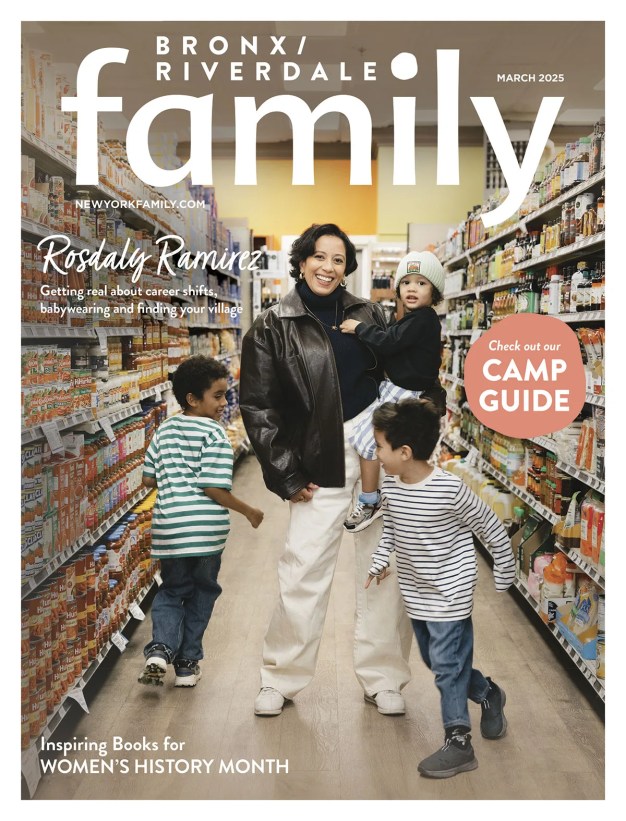Having a child with a life-threatening allergy is constantly scary. As much as you can prepare yourself for the worst, it adds extra comfort to know the other adults in your child’s life are also prepared to act in an emergency situation. Purvi Parikh, M.D., an allergist with Allergy & Asthma Network, shares what parents of children with a life-threatening allergy should do to ensure their child is safe at all times—even when the child isn’t with the parent.
Create an action plan. Once it’s determined your child has a life-threatening allergy or asthma, be sure to talk to her physician about constructing an action plan, suggests Dr. Parikh. This should detail what an allergic reaction or asthma attack would look like, as well as what to do at the time, what medicines to administer, and when to call 911.
Educate all adults in his life about the allergy or asthma. Everyone who interacts with your child—from coaches and teachers to babysitters and grandparents—should be well informed of the action plan, says Dr. Parikh.
Encourage your child to speak up when a reaction is occurring. When you’re not around, your child is her own best advocate. With the help of your physician, teach your child to know what feelings indicate she is having a reaction. This can mean itchy skin or rash, trouble breathing, vomiting, tummy aches, and more, depending on the child. Empower your child to speak up in these situations—and to speak up about any allergies when necessary.
Ensure emergency medications are always available. All caregivers should have access to emergency medications. A doctor can generally prescribe EpiPens in bulk, according to Dr. Parikh, so give one to your child’s babysitter, teachers, coaches, and grandparents—and give one to your child to carry. Whomever is given the responsibility of holding the EpiPen should know how to properly use it (there are instructional videos online). If the child suffers from asthma, he must have quick-relief medication on hand and with all caregivers.
Teach the child to use medications. While it is important for the adults in your child’s life to know how to administer emergency medications, it is equally, if not more, important for the child with the allergy to know how if she is older than 4, according to Dr. Parikh. This includes asthma pumps and antihistamines.





















